The Pope often takes time during his Christmas appearances to call for peace across the world, but there's no evidence he wants to replace the festival with a day dedicated to peace.
Social media users are claiming that Pope Francis has announced that the Catholic Church will celebrate a "Feast of Peace" or "Party of Peace" instead of Christmas this year.
Some of the posts share the claim with a link or screenshot of an article from Argentinian news outlet El Cronista making the same allegation.
Ultimately, there's no proof that the Pope has made any such announcement.
The El Cronista article has since been taken down and the paper has not responded to our requests for comment as of the time of this report.
The social media posts sharing the claims also provide zero evidence, and rehash debunked conspiracy theories linking the Pope to Satanism and others that he wanted to get rid of Christmas to appease Muslims.
Christmas is one of the most important dates in the Church calendar and a central part of Christian doctrine.
Indeed, Vatican News, the Holy See's news portal, has already posted the schedule for the Pope's liturgies during the Christmas season.
He'll begin with the Jubilee of Hope with mass in Saint Peter's Basilica on Christmas Eve, when he'll open the Holy Door of the Vatican Basilica.
The Pope will then give his traditional Urbi et Orbi (Latin for "to the city and to the world") address and blessing on Christmas Day.
Other events include mass for the feast of Saint Stephen on 26 December, celebrations on New Year's Eve and New Year's Day and mass for the Epiphany on 6 January.
"He wraps up the Christmas Season with Mass in the Sistine Chapel on January 12 for the Baptism of the Lord, conferring baptism on several children of Vatican employees," Vatican News said.
Nowhere is a "Feast of Peace" mentioned — all of the Pope's liturgies are based on the traditional celebration of Christmas and the birth and early life of Jesus Christ.
It's possible that there was confusion over the Pope's previous Christmas messages and the idea of a "Feast of Peace".
In the past, he's used his Christmas message as an opportunity to call for peace, drawing parallels between the life of Jesus and current events.
For example, last year he said that children dying in wars, including Gaza and the wider Holy Land, were the "little Jesuses of today", pointing at their childhoods that have been decimated by violence. The comparison was particularly stark as the city of Bethlehem, the birthplace of Christ, is located in Palestine.
The Pope also said last year that Israeli strikes were reaping an "appalling harvest" of civilians and condemned the attacks by Hamas, calling for the release of Israeli hostages held in Gaza.
The year before, Pope Francis urged an end to the "senseless" war in Ukraine, calling for peace and for people to help the homeless, immigrants, refugees and the poor.

 3 months ago
33
3 months ago
33
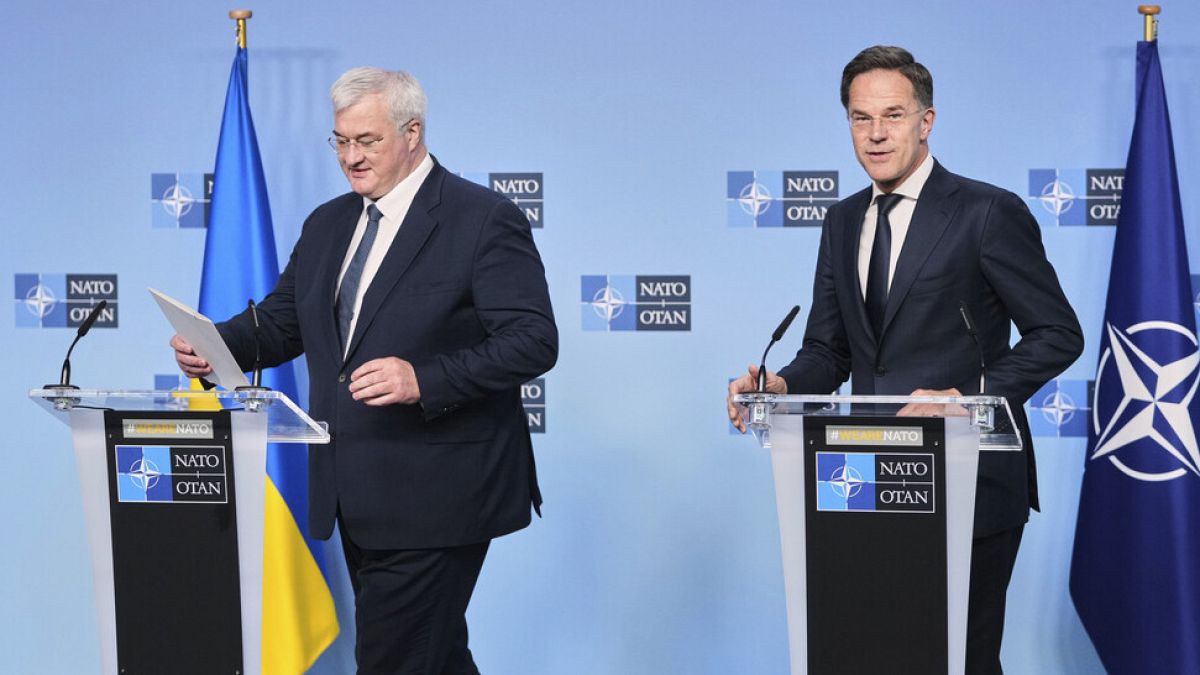
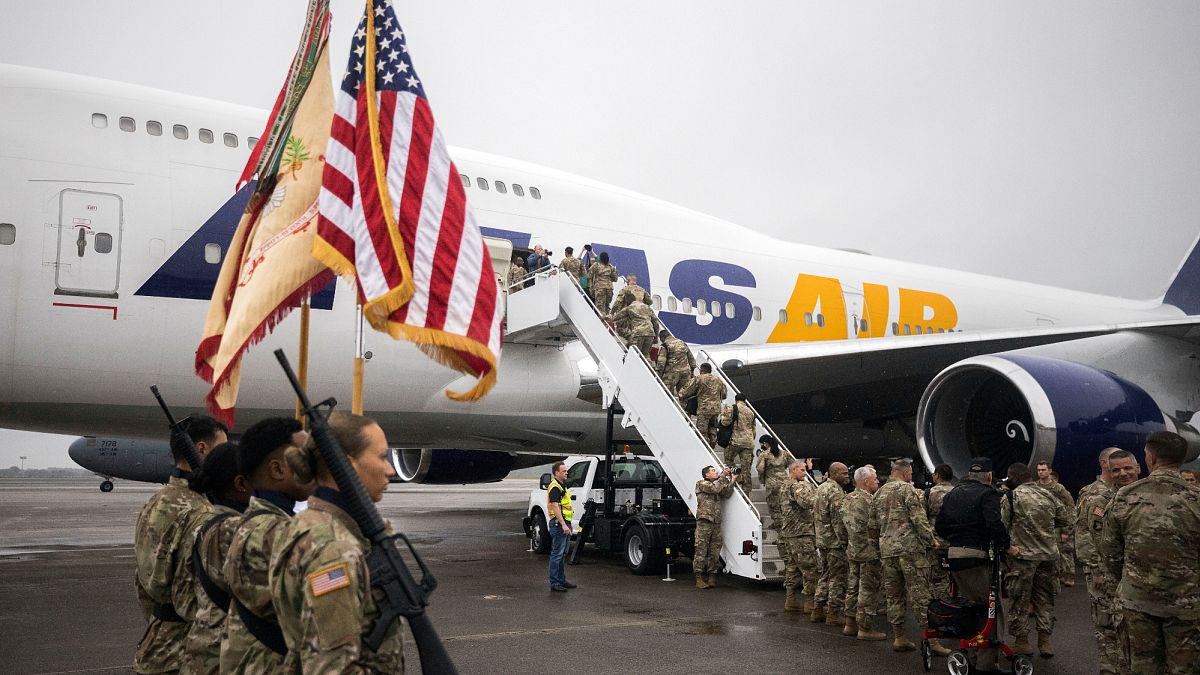
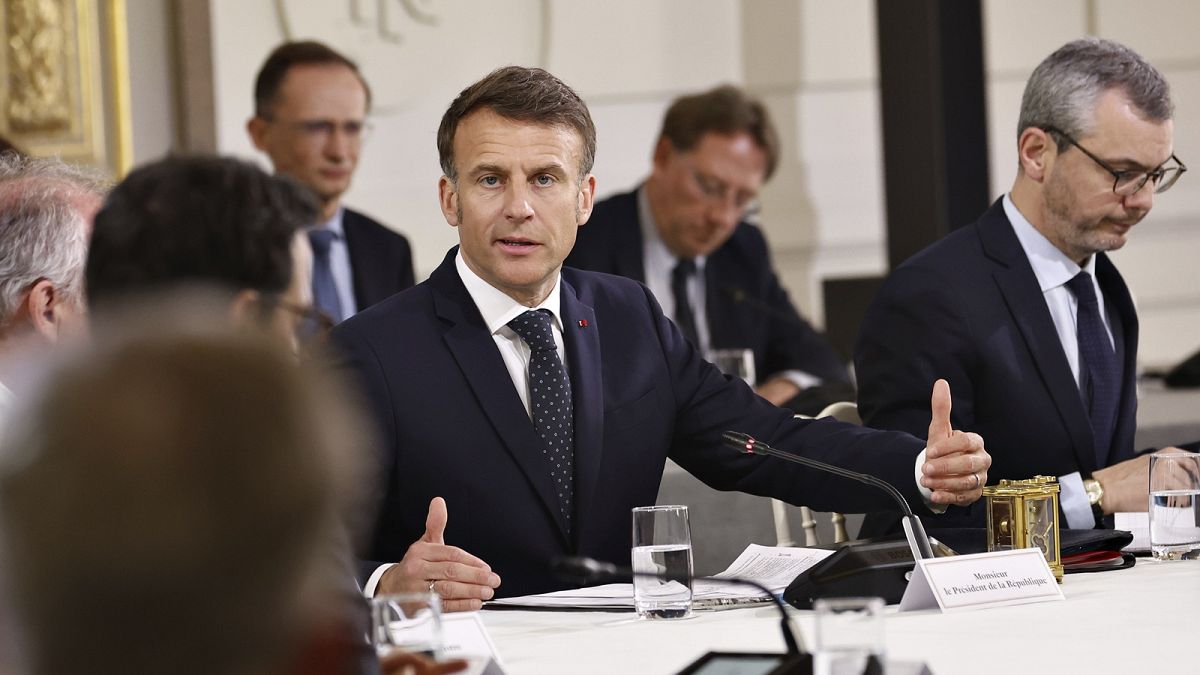
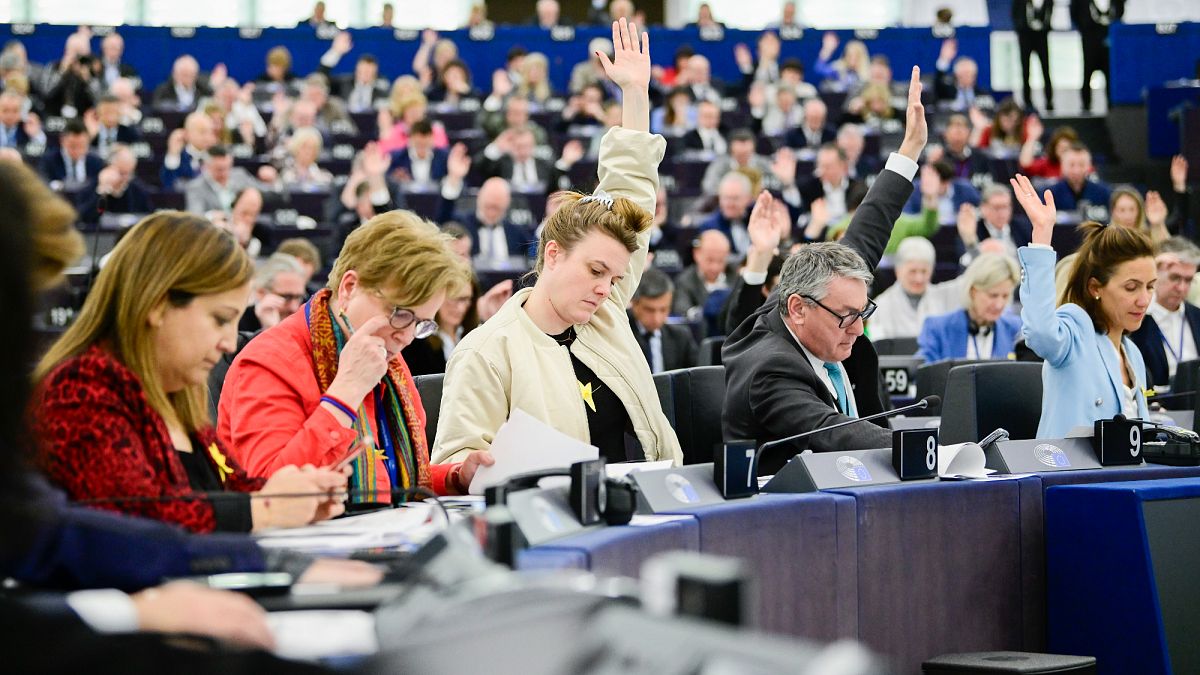
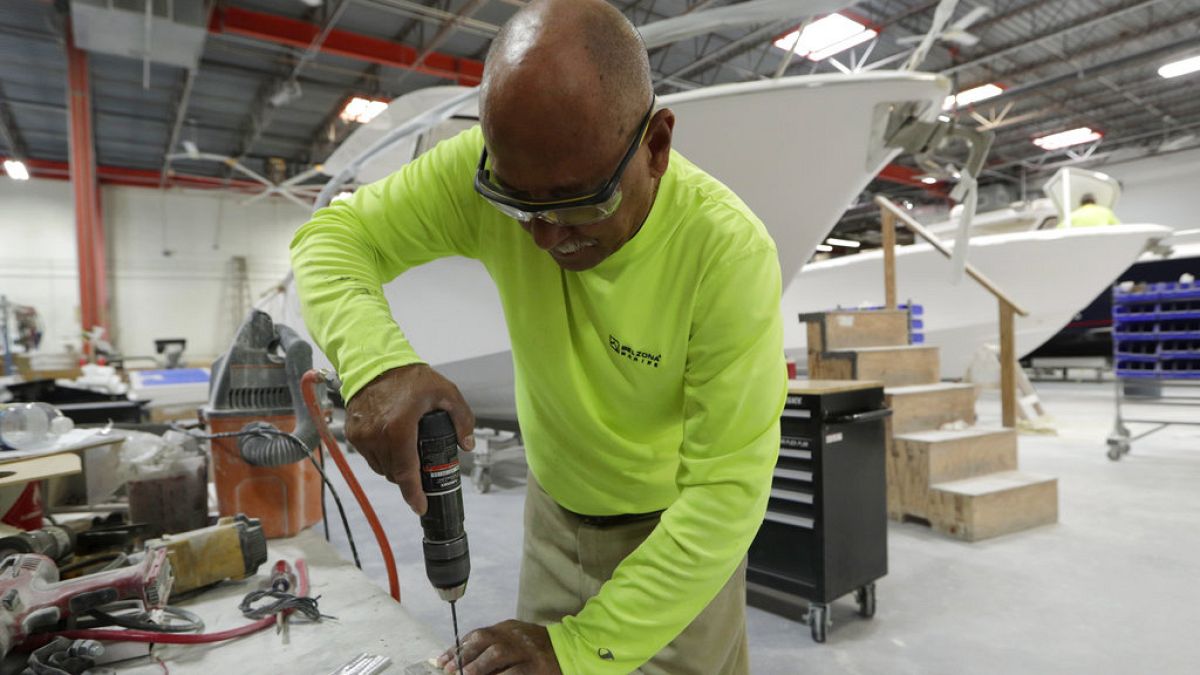
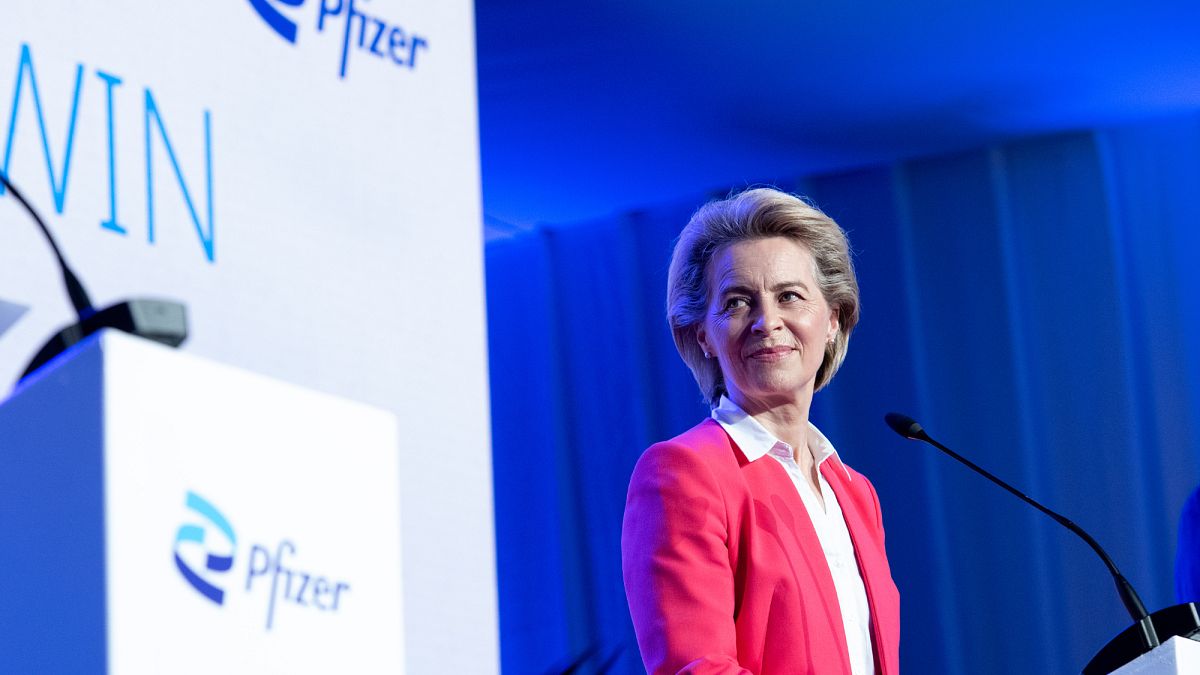
 We deliver critical software at unparalleled value and speed to help your business thrive
We deliver critical software at unparalleled value and speed to help your business thrive






 English (US) ·
English (US) ·